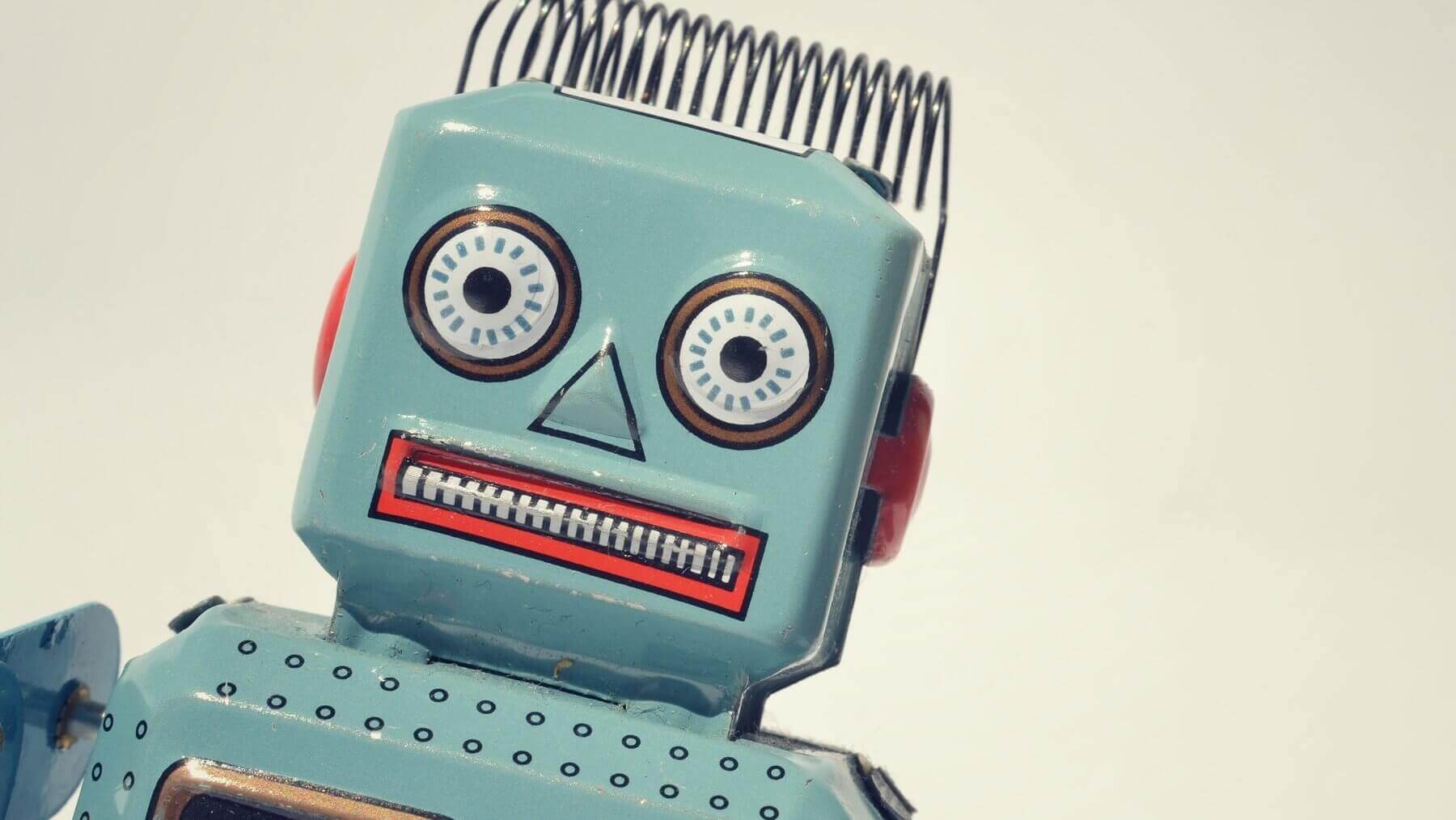Fast and easy. This is how customers expect services today, including in the hotel industry.
NB: This is an article from Cloudbeds, one of our Expert Partners
Instant gratification is a significant factor in travelers’ behavior when researching their next trip. They want to find the necessary information quickly to make an informed decision.
Subscribe to our weekly newsletter and stay up to date
In a world that can not wait, hotel chatbots have become hoteliers’ best allies in providing excellent guest experiences while generating bookings and additional revenue. They are also a great resource to streamline processes and a valuable solution for the ever-going staffing crisis in the hospitality industry.
Despite the advantages of chatbot technology, many hoteliers still need to recognize their significance. This article will discuss why chatbots are crucial in the hospitality sector, the benefits of implementing this technology, and the essential features to consider when selecting a provider.
What is a hotel chatbot?
A hotel chatbot is a type of software that mimics human conversations between properties and guests or potential guests on the hotel’s website, messaging apps, and social media. It serves as an automated chat or conversational interface.
Virtual assistants, digital assistants, virtual concierges, conversational bots, and AI chatbots are all different names for chatbots. Regardless of what you call them, hotel chatbots are here to stay. A January 2022 study that surveyed hoteliers worldwide identified that independent hotels increased their use of chatbots by 64% in recent years.
Companies use bots to take orders, offer product suggestions, provide customer support, schedule meetings, and do other specific jobs. In the hotel industry, a hotel chatbot can respond to customer queries, streamline the booking process and encourage guest engagement.
How do chatbots work?
The best and most advanced bots are powered by artificial intelligence, but many bots follow a set of rules programmed via a bot-building platform. An AI chatbot needs to understand the greater context of user questions. It should also be able to execute tasks about those questions and answers.
While some rule-based chatbots are built for more straightforward tasks, AI-powered chatbots are designed for intelligent and complex tasks. Chatbots use a technology known as Natural Language Processing (NLP) to understand what’s being asked and trigger the correct answer.
The hospitality chatbot’s main goal is to help travelers find solutions no matter where or what device they use. It provides the information they need to book confidently and directly with your property while allowing your hotel staff to create direct connections with them.
Hotel chatbots became a great tool to help hotel staff deal with their high workload and the repetitive questions they must reply to daily. These conversational bots also provide a scalable way to interact one-on-one with buyers, which can be especially handy in a labor shortage.





